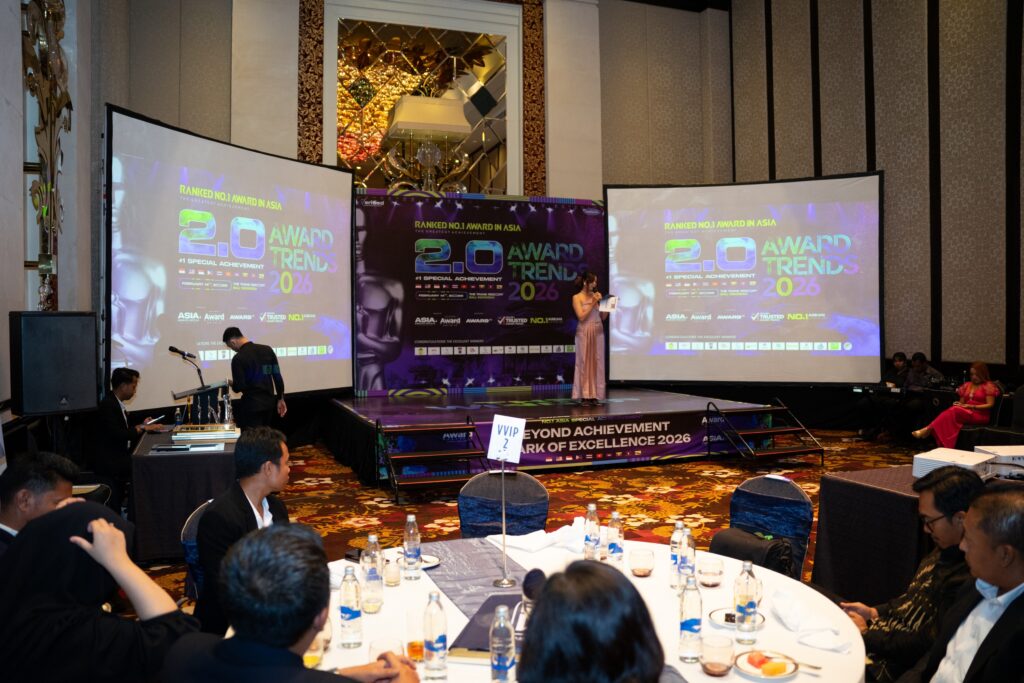JAKARTA – The QS World University Rankings 2026, released on 19 June 2025, highlights a shifting global academic landscape as institutions compete across excellence in research, global collaboration, sustainability, and employability. This year’s edition evaluates over 1,500 universities across 100 countries, making it one of the most comprehensive and influential global education benchmarks.
At the top of the list, the Massachusetts Institute of Technology (MIT) continues its unmatched reign, securing the No.1 spot for the 14th consecutive year with a perfect overall score of 100. Meanwhile, Imperial College London and Stanford University rise to 2nd and 3rd place respectively—surpassing both Oxford and Harvard University, which slips to fifth place.
The Top 5 universities for 2026 are:
- MIT (USA) – 100
- Imperial College London (UK) – 99.4
- Stanford University (USA) – 98.9
- University of Oxford (UK) – 97.9
- Harvard University (USA) – 97.7
The QS methodology assesses universities across five weighted pillars:
- Research and Discovery (50%) – Academic reputation and citations per faculty
- Employability and Outcomes (20%) – Employer reputation and graduate results
- Learning Experience (10%) – Faculty/student ratio
- Global Engagement (15%) – International faculty, student ratios, and research networks
- Sustainability (5%) – Aligned with the UN’s 17 SDGs
Asian universities continue to strengthen their global positioning, with National University of Singapore (8th) and Nanyang Technological University (12th) demonstrating sustained regional leadership. Institutions from China, Hong Kong, and Australia also show strong performance, reinforcing the diversity and reach of the global education map.
The QS WUR 2026 rankings are more than just academic prestige—they provide critical insight for governments, multinational corporations, and institutions looking to invest in global talent pipelines, form research partnerships, and align with institutions that prioritize innovation, inclusion, and global impact.
As sustainability and employability become decisive factors in institutional reputation, QS WUR acts as a barometer for which universities are not just excelling in theory, but translating excellence into action on a global stage.






